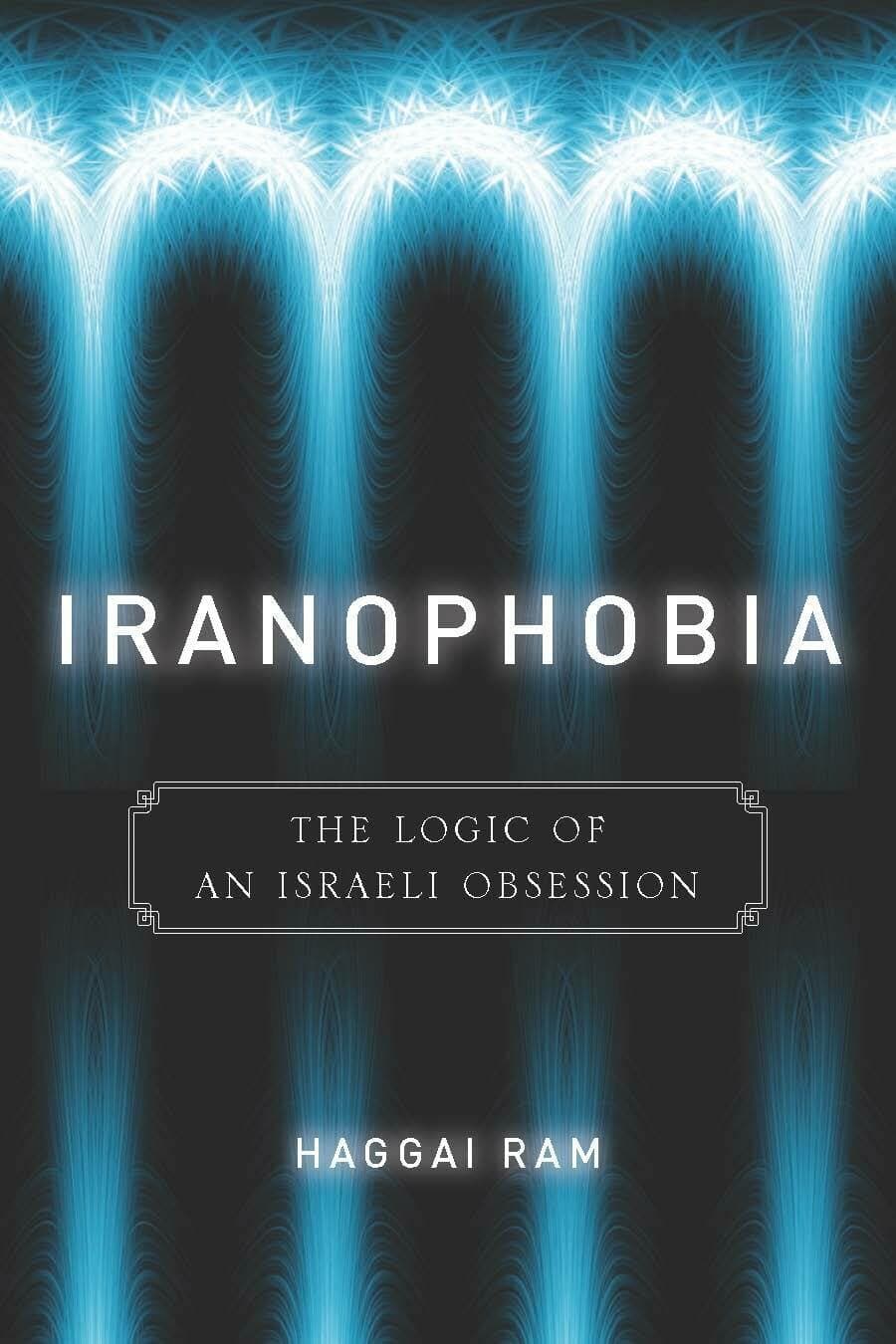Intoxicating Zion
Award Winner
2021: Best Book in Israel Studies Award
Co-winner of the 2021 Best Book in Israel Studies Award, sponsored by Azrieli Institute of Israel Studies and Concordia University Library.2020: Rorabaugh Book Prize for the Best Book in the History of Alcohol and Drugs
Winner of the 2020-21 Rorabaugh Book Prize for the Best Book in the History of Alcohol and Drugs, sponsored by the Alcohol and Drugs History Society (ADHS).

When European powers carved political borders across the Middle East following World War I, a curious event in the international drug trade occurred: Palestine became the most important hashish waystation in the region and a thriving market for consumption. British and French colonial authorities utterly failed to control the illicit trade, raising questions about the legitimacy of their mandatory regimes. The creation of the Israeli state, too, had little effect to curb illicit trade. By the 1960s, drug trade had become a major point of contention in the Arab-Israeli conflict, and drug use widespread.
Intoxicating Zion is the first book to tell the story of hashish in Mandatory Palestine and Israel. Trafficking, use, and regulation; race, gender, and class; colonialism and nation-building all weave together in Haggai Ram's social history of the drug from the 1920s to the aftermath of the 1967 War. The hashish trade encompassed smugglers, international gangs, residents, law enforcers, and political actors, and Ram traces these flows through the interconnected realms of cross-border politics, economics, and culture. Hashish use was and is a marker of belonging and difference, and its history offers readers a unique glimpse into how the modern Middle East was made.
"Vividly written and drawing on a wide array of sources, Intoxicating Zion is packed with colorful characters, from Palestinian coffeehouse and Israeli bohemian tokers, to traffickers, to corrupt politicians profiting from the trade, to the Palestinian and Israeli police who fought to contain it. A fascinating and revelatory tale."—Ted R. Swedenburg, University of Arkansas
"[A] singular, original work of research."—Yossi Melman, Haaretz
"Informative, though (pun intended) sobering, this book is suited for academic libraries."—Hallie Cantor, Association of Jewish Libraries Reviews




